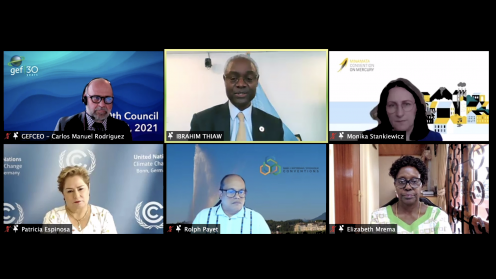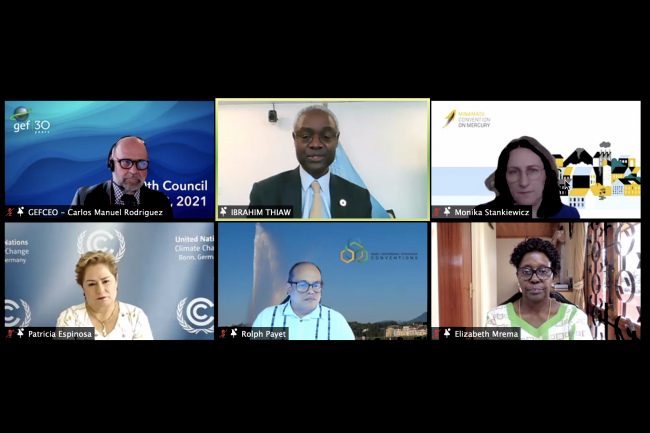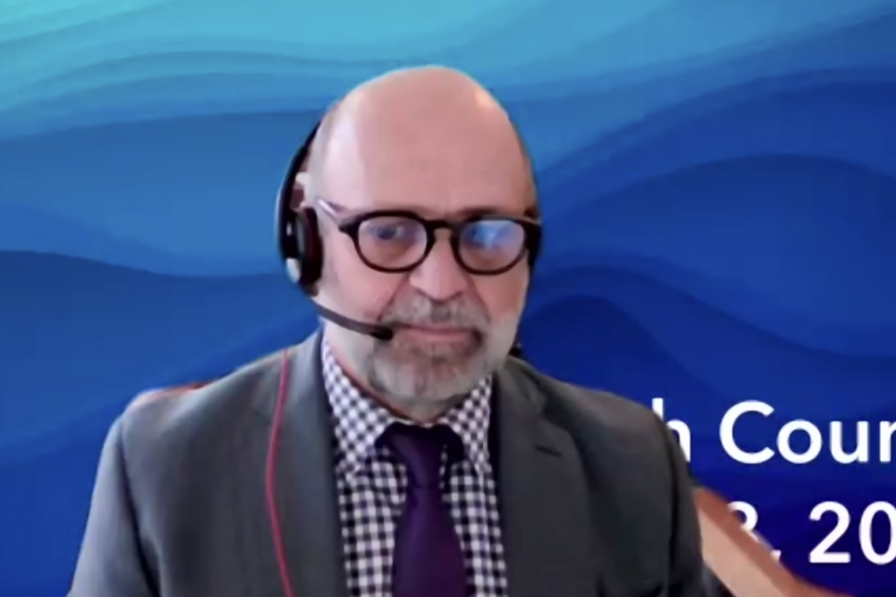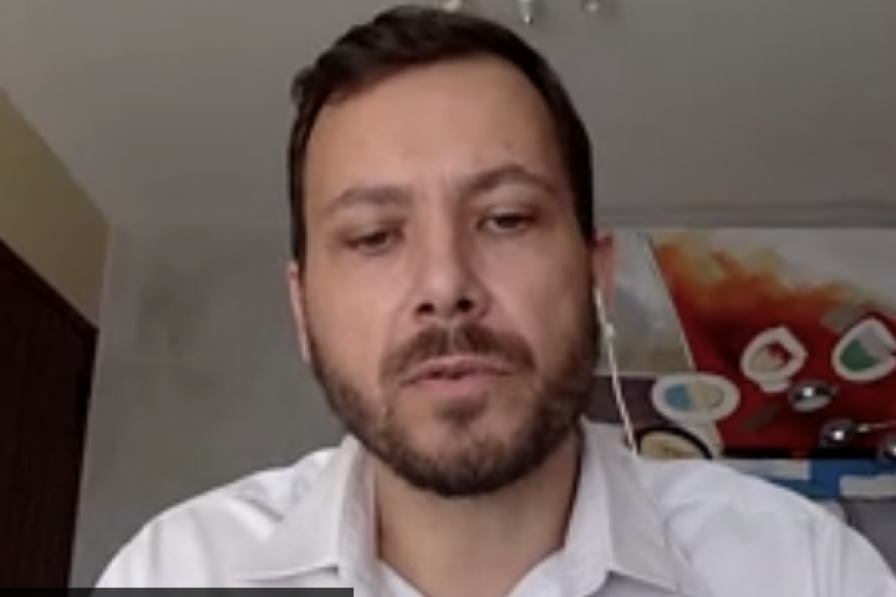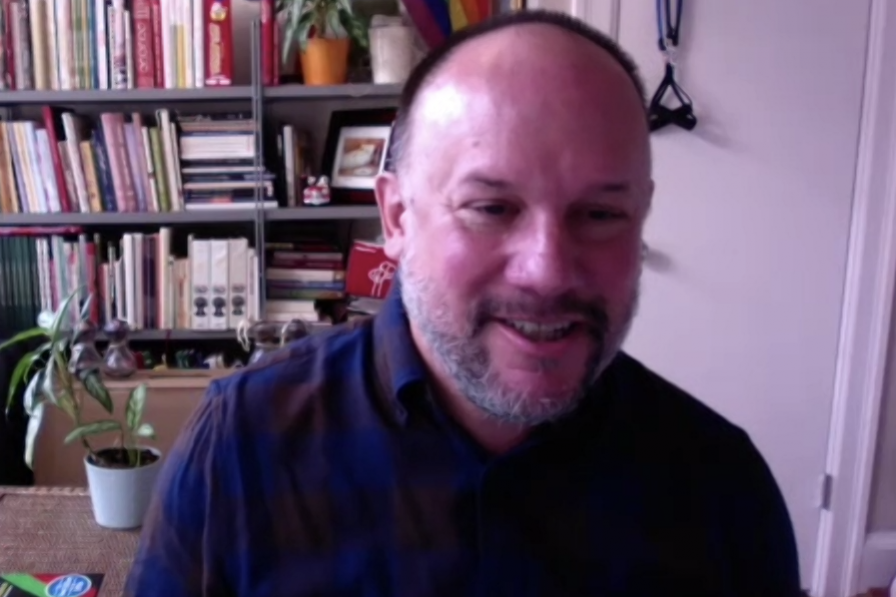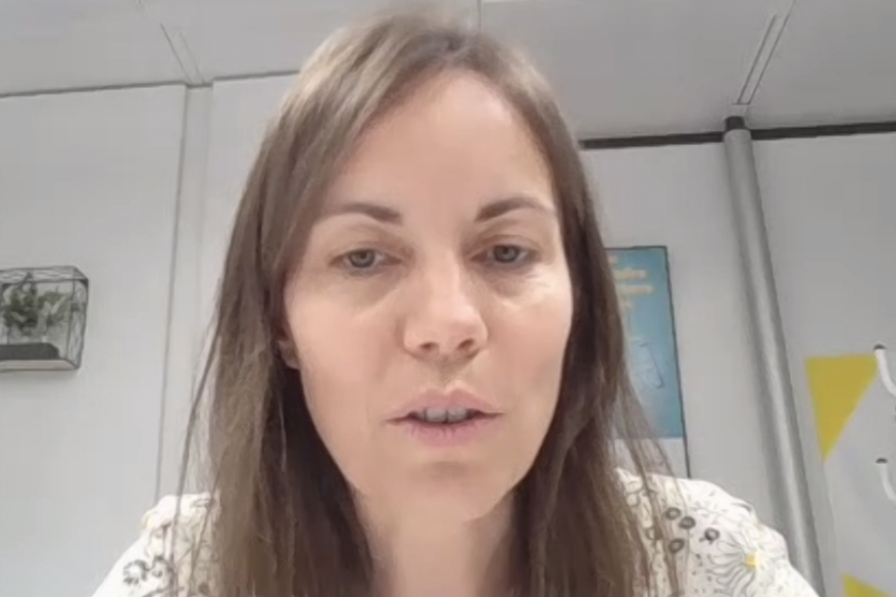On Wednesday, 16 June, Rosina Bierbaum, Chair, Scientific and Technical Advisory Panel (STAP), updated the 60th meeting of the GEF Council on STAP’s recent work, its evaluation of the GEF Work Program and programming proposals for the GEF-8 replenishment, and STAP’s plans for the coming months. The GEF Council also conducted a dialogue with five Executive Secretaries of the conventions that the GEF serves.
Bierbaum outlined the STAP’s views on the current version of programming proposals for the GEF-8 replenishment, and explained how recent STAP studies and briefs can inform GEF-8 programming. Bierbaum also discussed how GEF-8 programming might be informed by insights gained from recent STAP workshops on business and biodiversity mainstreaming and on risk appetite and transformational change, as well as a technical dialogue on enhancing climate change adaptation. She briefed the Council on ongoing STAP work on: knowledge management in GEF programming; climate risk screening; circular economy approaches; measuring co-benefits; metrics for transformational change; and South-South knowledge exchange.
GEF CEO Rodríguez noted the timeliness of the dialogue with the Executive Secretaries, given their shared priority of supporting a clean, green recovery from COVID-19 and the GEF’s role in fostering integrated action. Among other updates, the Executive Secretaries discussed plans for the next meetings of Conferences of the Parties (COP) of their respective conventions. The Convention on Biological Diversity (CBD) is currently expected to convene COP 15 in Kunming, China, in October 2021. The UN Framework Convention on Climate Change (UNFCCC) is expected to convene COP 26 in Glasgow, UK, in November 2021. The UN Convention to Combat Desertification (UNCCD) postponed its COP 15 from late 2021 to between May and October 2022, and expects to announce the date and venue soon. Both the combined meetings of the COPs to the Basel, Rotterdam and Stockholm (BRS) Conventions and the fourth meeting of the COP to the Minamata Convention will convene virtual meetings in 2021, followed by in-person events in 2022.
Patricia Espinosa, UNFCCC Executive Secretary, noted that despite the fact that the nationally determined contributions (NDCs) are not enough to get the world on the path we need to be on, there are signs of hope: the US has rejoined the Paris Agreement and submitted its NDC, the Republic of Korea has committed to a coal-free future, and the International Energy Agency has reported that the movement to renewables is robust, among other positive developments. She said the UNFCCC needs the GEF, countries need the GEF, and developing nations need the GEF. Espinosa noted that the original mandate of the GEF to serve the Convention and the Paris Agreement is more crucial than ever, as we aim for enhanced global climate ambition in both mitigation and adaptation efforts, and added that the needs will only grow stronger moving forward.
Ibrahim Thiaw, UNCCD Executive Secretary, said the GEF is a knowledge hub and science advisor in addition to its other roles. He highlighted that the UN General Assembly just convened a High-Level Dialogue on Desertification, Land Degradation and Drought, and speakers agreed that investing in land is a smart and effective choice for quick and positive impact. He said land integrates many of the GEF’s focal areas, and suggested making investments in early warning systems. He stated that the synergies agenda should be the “new normal” in GEF-8 programming.
Elizabeth Maruma Mrema, CBD Executive Secretary, discussed the preparatory discussions for COP 15 and the development of a post-2020 global biodiversity framework. She said the first formal draft of the framework will be prepared for the upcoming virtual meeting in August, and highlighted key aspects of the current zero draft that are relevant to the GEF, including the calls for ensuring the participation of all stakeholders and outreach and awareness raising to ensure the framework’s uptake. She also stated that the GEF will have an important role in engendering integrated approaches to implementation, cutting across all its focal areas.
Rolph Payet, Executive Secretary, BRS Conventions, noted that many toxic chemicals still need to be eliminated, including DDT. He reviewed the Conventions’ funding needs for GEF-8, and noted that the Stockholm Convention’s Review Committee has begun looking at additives in plastics that threaten human health and cause environmental damage. He discussed the interlinkages among chemicals management, biodiversity, and climate change. As one example, he noted that lithium mining takes place in forests, requiring the construction of roads, with follow-on impacts on biodiversity and climate change.
Monika Stankiewicz, Executive Secretary, Minamata Convention, highlighted that investing in any GEF focal area provides support for other focal areas, while underinvestment in one focal area puts other focal areas at risk. She stated that the Convention would be in a position to have greater global environmental benefits from mercury emission reductions in GEF-8, with transformative change in trade and supply chains relative to mercury. She also touched on the widespread economic and social benefits of full implementation of the Minamata Convention and on the “enormous” costs of not fulfilling the treaty obligations. Countries’ work to protect human health and the environment from the harmful effects of mercury use and emissions must be part of the blue and green recovery, she said.
Also on Wednesday, the Council convened an hour early to continue its discussion of the GEF Independent Evaluation Office (IEO) reports on GEF Engagement with Micro, Small, and Medium Enterprises, GEF Support to Innovation – Findings and Lessons, Institutional Policies and Engagement at the GEF, and Results Based Management – Evaluations of the Agency Self-Evaluation Systems and the GEF Portal. Françoise Clottes and Gustavo Fonseca answered Members’ questions and comments about the Secretariat’s responses to the IEO report.
In addition, the Secretariat presented the GEF Business Plan and Corporate Budget for fiscal year 2022. The decision approving the requested budget of USD 30.768 million for 2022 was adopted with no changes.
To receive continuing coverage of this event delivered to your inbox, subscribe to the ENB Update newsletter.
